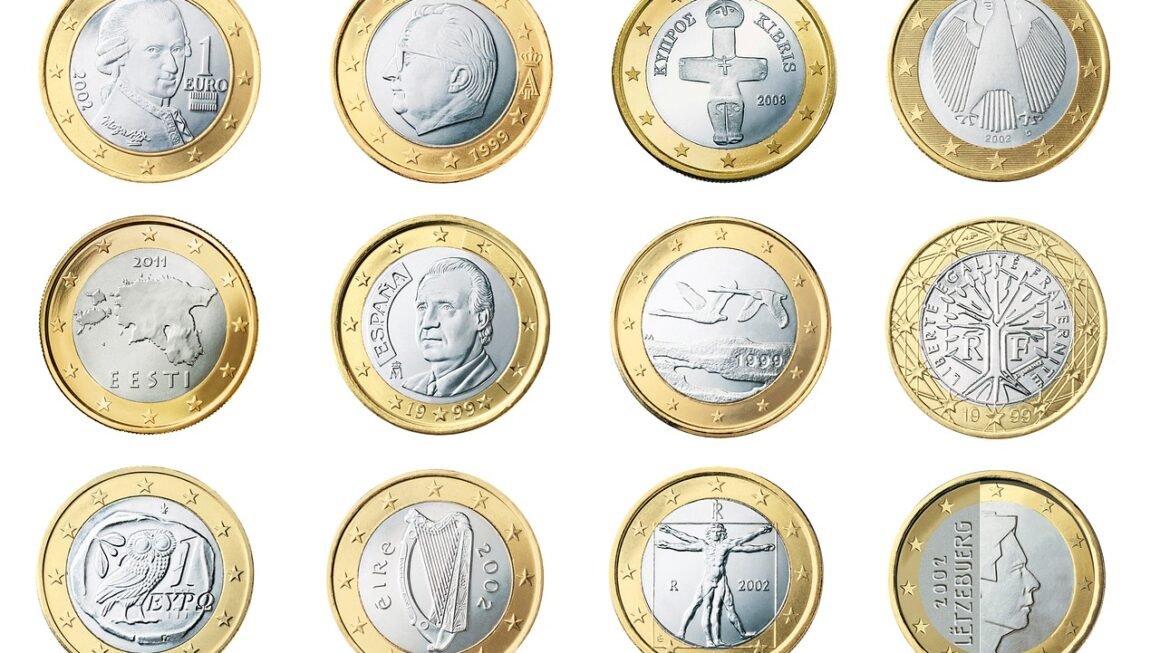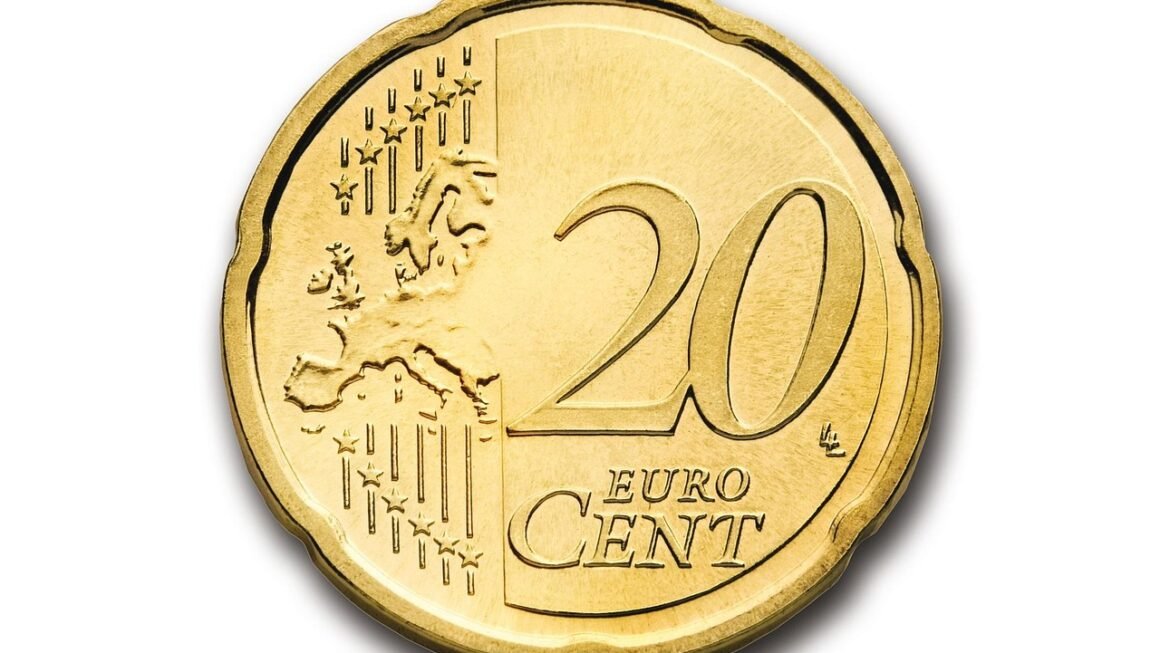Navigating the world of credit cards can feel like traversing a financial labyrinth. With countless options, interest rates, rewards programs, and fine print, it’s easy to become overwhelmed. However, understanding the fundamentals of credit cards is crucial for building a strong financial future. This comprehensive guide will demystify credit cards, empowering you to make informed decisions and use them strategically for your benefit.
Understanding Credit Cards: The Basics
What is a Credit Card?
A credit card is a revolving line of credit that allows you to borrow money from a lender (typically a bank or credit union) to make purchases. Instead of using your own funds, you’re essentially borrowing money with the understanding that you will repay it later, typically with interest if you carry a balance.
- Revolving Credit: The key characteristic is that the available credit replenishes as you pay down your balance.
- Minimum Payment: You are required to make at least a minimum payment each month, which covers a portion of the balance and interest.
- Credit Limit: Each card comes with a pre-set spending limit, which is the maximum amount you can charge.
- Example: Imagine you have a credit card with a $1,000 credit limit. You spend $500 on groceries. You now have $500 of available credit. If you pay back $200, your available credit increases to $700.
How Credit Cards Work: A Step-by-Step Overview
Choosing the Right Credit Card
Factors to Consider
Selecting the right credit card depends on your individual financial situation and spending habits. Consider these factors:
- Credit Score: Your credit score significantly impacts the cards you’re eligible for and the interest rates you’ll receive.
- Spending Habits: Analyze where you spend the most money (e.g., travel, groceries, gas) to find cards that offer relevant rewards.
- Interest Rates (APR): If you plan to carry a balance, prioritize cards with low APRs.
- Fees: Be aware of annual fees, late payment fees, over-limit fees, and foreign transaction fees.
- Rewards Programs: Explore cash back, points, and miles programs to see which align with your goals.
- Benefits and Perks: Some cards offer perks like travel insurance, purchase protection, and extended warranties.
Types of Credit Cards
- Rewards Credit Cards: These cards offer rewards, such as cash back, points, or miles, for every dollar you spend.
Cash Back Cards: Earn a percentage back on purchases. Example: 2% cash back on gas and groceries, 1% on everything else.
Travel Rewards Cards: Accumulate points or miles that can be redeemed for flights, hotels, and other travel expenses. Example: 3x points on travel, 2x points on dining.
- Low-Interest Credit Cards: Ideal for individuals who carry a balance, these cards offer lower APRs.
- Balance Transfer Cards: Designed to help you consolidate debt by transferring high-interest balances from other cards to a new card with a lower introductory APR.
- Secured Credit Cards: Require a security deposit, making them a good option for individuals with limited or poor credit history. The deposit typically acts as the credit limit.
- Student Credit Cards: Targeted towards students with limited credit history, often offering lower credit limits and simpler rewards programs.
- Actionable Takeaway: Before applying for a card, compare several options and read the fine print to understand all the terms and conditions. Use online comparison tools to find cards that match your credit profile and spending patterns.
Managing Your Credit Card Responsibly
Best Practices for Credit Card Use
Responsible credit card management is essential for building and maintaining a good credit score. Here are some key tips:
- Pay Your Bills On Time: Make at least the minimum payment by the due date to avoid late fees and negative impacts on your credit score. Set up automatic payments to ensure you never miss a due date.
- Keep Your Credit Utilization Low: Credit utilization is the amount of credit you’re using compared to your total available credit. Aim to keep it below 30%. For example, if you have a $1,000 credit limit, try not to carry a balance higher than $300.
- Avoid Cash Advances: Cash advances typically come with high interest rates and fees, and they don’t qualify for the same grace period as purchases.
- Monitor Your Credit Report Regularly: Check your credit report for errors and signs of identity theft. You can access a free credit report from each of the three major credit bureaus (Equifax, Experian, and TransUnion) once a year at AnnualCreditReport.com.
- Review Your Credit Card Statement: Carefully review your monthly statement for any unauthorized charges or errors. Report any discrepancies to your card issuer immediately.
The Impact of Credit Card Use on Your Credit Score
Your credit card activity significantly impacts your credit score, which is a three-digit number that reflects your creditworthiness.
- Payment History (35%): This is the most important factor. On-time payments demonstrate responsible credit management.
- Credit Utilization (30%): Keeping your credit utilization low shows lenders that you’re not over-reliant on credit.
- Length of Credit History (15%): A longer credit history generally leads to a higher score.
- Credit Mix (10%): Having a mix of different credit accounts (e.g., credit cards, loans) can positively impact your score.
- New Credit (10%): Opening too many new accounts in a short period can lower your score.
- Example: Missing a credit card payment can significantly lower your credit score, potentially making it harder to qualify for loans or other credit products in the future.
Credit Card Rewards and Benefits: Maximizing Value
Understanding Different Rewards Programs
Credit card rewards programs can offer significant value, but it’s essential to understand how they work and choose a program that aligns with your spending habits.
- Cash Back: Earn a percentage back on your purchases, typically ranging from 1% to 5%.
- Points: Accumulate points that can be redeemed for various rewards, such as gift cards, merchandise, or travel.
- Miles: Earn miles that can be redeemed for flights, hotels, and other travel-related expenses.
- Example: A card offering 2% cash back on all purchases can earn you $200 back on $10,000 in spending per year.
Maximizing Rewards
- Choose the Right Card: Select a card that offers the highest rewards in categories where you spend the most.
- Understand Redemption Options: Familiarize yourself with the different redemption options and choose the ones that offer the best value.
- Take Advantage of Bonus Categories: Many cards offer bonus rewards in specific categories, such as dining, travel, or gas.
- Use Your Card Strategically: Make all your purchases with your rewards card to maximize your earnings, but only if you can pay off the balance in full each month.
Additional Benefits and Perks
Beyond rewards, many credit cards offer valuable benefits and perks, such as:
- Travel Insurance: Coverage for trip cancellations, delays, and lost luggage.
- Purchase Protection: Protection against theft or damage for purchases made with the card.
- Extended Warranty: Extends the manufacturer’s warranty on eligible purchases.
- Rental Car Insurance: Coverage for rental car damage or theft.
- Concierge Services: Assistance with travel planning, event tickets, and other services.
- Actionable Takeaway: Before choosing a credit card for its rewards, estimate your annual spending in different categories and calculate the potential rewards you could earn. Compare the value of different rewards programs to find the best fit for your needs.
Avoiding Credit Card Debt and Common Pitfalls
Recognizing the Dangers of Credit Card Debt
Credit card debt can quickly spiral out of control, leading to high interest charges and a negative impact on your credit score.
- High Interest Rates: Credit card interest rates are typically much higher than those on other types of debt, such as mortgages or auto loans.
- Minimum Payment Trap: Making only the minimum payment each month can prolong the repayment period and significantly increase the total amount of interest you pay.
- Debt Cycle: Carrying a balance can lead to a cycle of debt, where you’re constantly paying interest on previous purchases.
Strategies for Avoiding Debt
- Create a Budget: Track your income and expenses to identify areas where you can cut back and avoid overspending.
- Pay Your Balance in Full: Aim to pay your credit card balance in full each month to avoid interest charges.
- Use Credit Cards for Necessary Expenses: Avoid using credit cards for impulse purchases or non-essential items.
- Avoid Cash Advances: Cash advances come with high fees and interest rates, making them a costly way to borrow money.
- Limit the Number of Credit Cards: Having too many credit cards can make it harder to track your spending and manage your debt.
Common Credit Card Mistakes
- Missing Payments: Late payments can result in late fees and a negative impact on your credit score.
- Maxing Out Your Credit Cards: Using a large portion of your available credit can lower your credit score.
- Ignoring Fees: Failing to read the fine print and understand the fees associated with your credit card can lead to unexpected charges.
- Closing Old Credit Card Accounts: Closing old accounts can shorten your credit history and lower your credit score.
- Falling for Scams: Be wary of phishing emails or phone calls that ask for your credit card information.
- Actionable Takeaway: Regularly review your credit card statements and track your spending to identify potential problems. Set up alerts to remind you of upcoming payment due dates. If you’re struggling with credit card debt, consider seeking help from a credit counseling agency.
Conclusion
Credit cards can be powerful financial tools when used responsibly. By understanding the basics, choosing the right card, managing your spending, and maximizing rewards, you can leverage credit cards to build a strong credit history, earn valuable benefits, and achieve your financial goals. However, it’s crucial to be aware of the risks associated with credit card debt and take steps to avoid common pitfalls. With careful planning and disciplined use, you can harness the power of credit cards to your advantage and create a brighter financial future.



